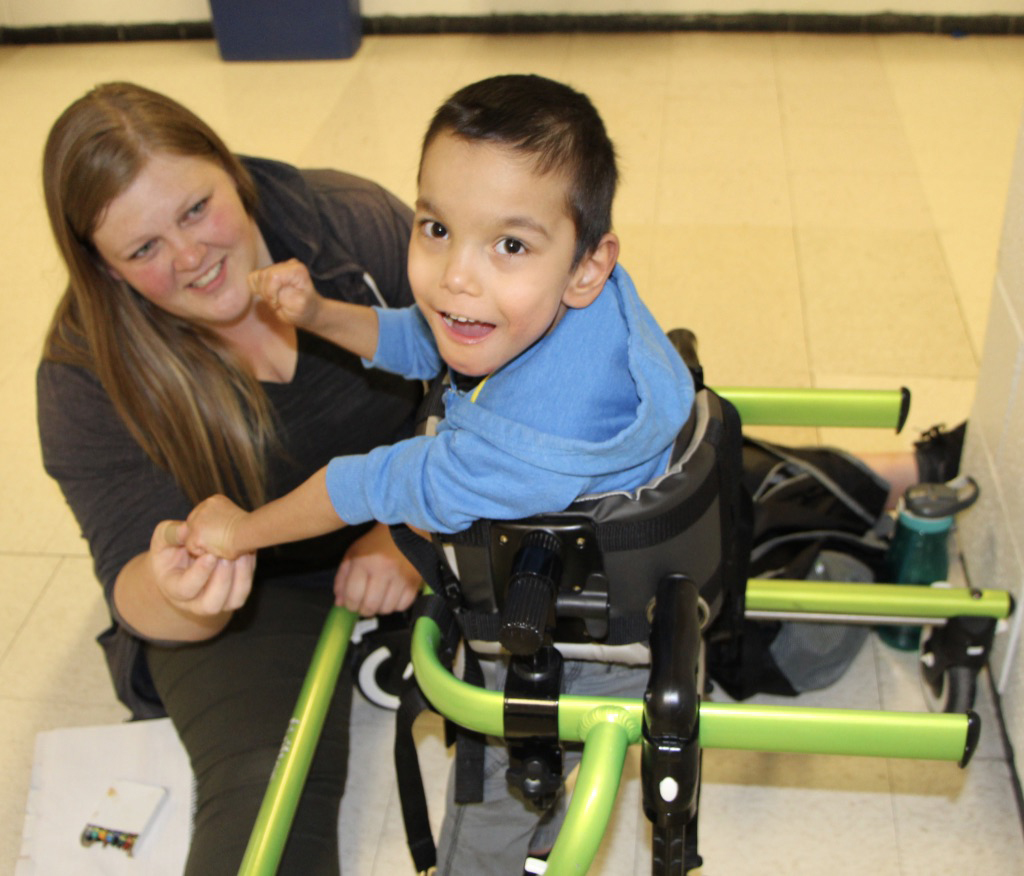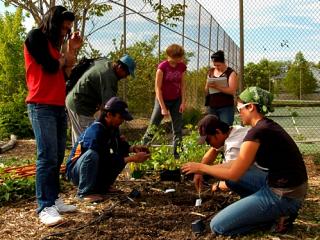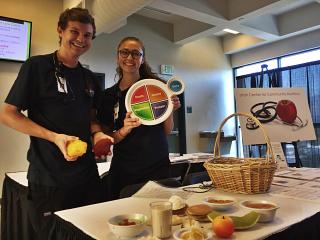
Health is More than Lack of Disease
“More health, less medicine.”
That’s the mantra of the University of Utah College of Health (CoH), whose work focuses on keeping people healthy, fit, and resilient. By elevating prevention, rehabilitation, and health maintenance, CoH has taken a significant step toward transforming health care and addressing the social determinants that influence overall health and longevity.
“Our faculty have the skills to address community health with programming for the whole person,” says Julie Metos, PhD, RD, associate dean for community engagement and director of the U’s Center for Community Nutrition (UUCCN). “That means that in addition to physical health, we can focus on emotional, social, occupational, environmental, intellectual, and spiritual health.”
That holistic approach plays out in the college’s community outreach initiatives, which span the spectrum of human experience. They provide outdoor programming for veterans with PTSD, rehabilitation for Olympic athletes, speech therapy for school-age children, exercise classes for seniors, and resource referrals for individuals experiencing homelessness.
“Our programs are multifaceted, action-oriented, and high energy,” Metos says. “We like to meet people where they are with culturally relevant activities.”
Engaged students, who give 3,500 volunteer hours a year, play a pivotal role in making these programs successful. Student volunteers in the Department of Health, Kinesiology, & Promotion drive U-FIT, which for the past 15 years has provided fun physical activities for children with intellectual and physical disabilities.
Connect2Health student volunteers help patients at Fourth Street Clinic and other locations find the community resources they need to address such basic needs as food, housing, clothing, and job services.
To address the COVID-19 pandemic, the Emergency Medical Services program has ramped up its training for Emergency Medical Technicians (EMTs). “Just recently, our instructors in Health Education & Promotion trained 10 new EMTs in Kane County,” Metos says. “That doubled the county’s number of EMTs, who are on the front lines of health care and needed now more than ever.”
To tackle nutrition and food insecurity, UUCCN works closely with schools, homeless resource centers, and community centers. Three of UUCCN’s programs represent key components of the Driving Out Diabetes initiative, funded by the Larry H. & Gail Miller Family Foundation.
As one of the largest colleges on campus, the College of Health understands the importance of interdisciplinary collaboration. It has 42 award-granting programs spanning 12 distinct program areas within five different departments, along with 30 laboratories and three rehabilitation clinics.
“Our ambition as a college is to better coordinate a response to disparities in health and economic wellness while maintaining current programs that keep people healthy,” Metos says. “Because we know that health is much more than lack of disease.”



